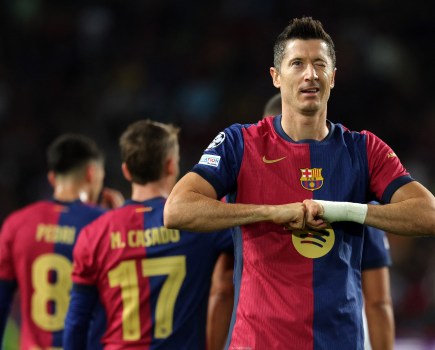Soccer isbig entertainment in Africa, filling a void as other forms of recreation are in short supply. But slowly we are seeing an erosion of the premier place the sport enjoys.
The reason has to do with the advance of modern technology such as television, and also with the fact that Africa’s football leaders are neglecting to keep up with advances in football elsewhere in the world.
Few stadia in Africa have anything like the facilities found at European grounds, where catering, stewarding, toilets and first-aid are the norm.
At the big games in Africa, fans are packed in like sardines and left to brave the elements.
Officials will argue they cannot improve the standards because they don’t own, or have long leases on, the venues and are at the mercy of municipalities or state authorities that do. This is a common excuse, too, for the state of the shoddy and threadbare pitches so commonplace at internationals in Africa these days.
But it is a nonsense, for if they had the will, soccer authorities could use their enormous clout to extract the necessary concessions their spectators need and deserve.
Instead, there is a complicity of ineptitude between everyone involved in stadium security.
The long-suffering African soccer spectator is now finding other options, perhaps not available to him a decade or so ago. Satellite television brings the alternative of staying at home and watching a foreign football game or a Hollywood movie. The expansion of transport links allows him, or her, to visit friends and family instead of going to the stadium.
And as a result attendances are dropping as spectators vote with their feet. The fans no longer trust the honesty and integrity of the game, and also fear for their safety.
Slowly, the game in Africa is dying and the ineffective organisation is to blame.







